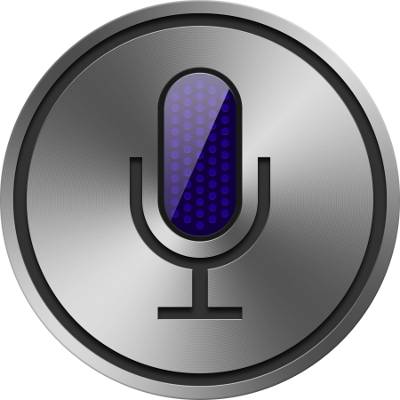Network Synergy Blog
Network Synergy has been serving the Trumbull area since 1988, providing IT Support such as technical helpdesk support, computer support, and consulting to small and medium-sized businesses.
0 Comments
If you have the most recent addition to Samsung’s growing collection of smartphones, we hope you haven’t grown too attached to it. The company is recalling the Galaxy Note 7 on reports that the batteries explode. This event is largely considered one of the more high-profile recalls in the history of consumer technology.
In the latest round of security patches released by Microsoft, 27 vulnerabilities were fixed. Affected software includes major titles like Windows, Microsoft Office, Internet Explorer, and the new Edge browser. It’s imperative that you apply these security patches as soon as you can, or else your system will be exposed to some serious threats.
July 14th is an important date in the business technology world. Why? Because it’s a major landmark for users of Windows Server 2003. In just a few short months, Microsoft will no longer support this decade-old server operating system. Therefore, you must take steps to upgrade away from this server OS before it’s too late.
The latest threats can put a damper on your business plan and put your company at risk. Therefore, it's only natural to protect yourself from them. This new threat in particular, Cryptowall 2.0, has the potential to do plenty of heavy-duty damage to your business's network, if given the opportunity.
A new malicious threat in the technical marketplace has just been discovered. The bug, dubbed the Bash bug, or "shellshock," is on the loose for users of Unix-based operating systems, like Linux or Mac OS X. It allows the execution of arbitrary code on affected systems, and could potentially be very dangerous for your business. In fact, CNet is calling it "bigger than Heartbleed."
It has been two weeks since the National Communications Association warned the world about the GameOver Zeus and Cryptolocker ransomware, and if you haven't taken steps to avoid these threats, it's not too late - if you haven't been infected yet, do so as soon as possible. Otherwise, your network will be vulnerable, and so will your banking credentials.
A new botnet threat could spell "game over" for unaware Windows users - the threat targets almost all versions of Windows and Windows Server (excluding Windows 8.1). Even though the Department of Homeland Security, Federal Bureau of Investigation, and Department of Justice have disrupted it, users are still at risk. Thankfully, they still have time - two weeks, until the threat returns.
Don't trust anything you can't see - a valuable lesson for anyone. But, why shouldn't you trust your own phone? Egyptian programmer Sherif Hashim has discovered a vulnerability in the most recent version of iOS (7.1.1) that allows hackers to physically access your contacts without unlocking your phone.
A lot of people use Google Chrome or Firefox as their browser of choice, and it's easy to see why. They are updated constantly and have great features. However, a lot of people still stick to what they know and love - Internet Explorer. There are a lot of people out there that still use this browser, and they should be warned that a new vulnerability exists in the system.












